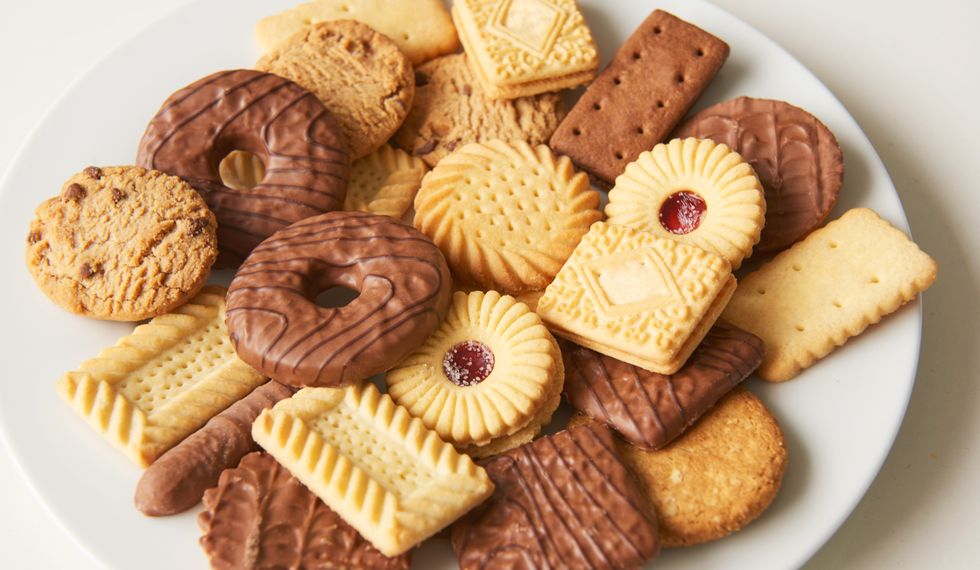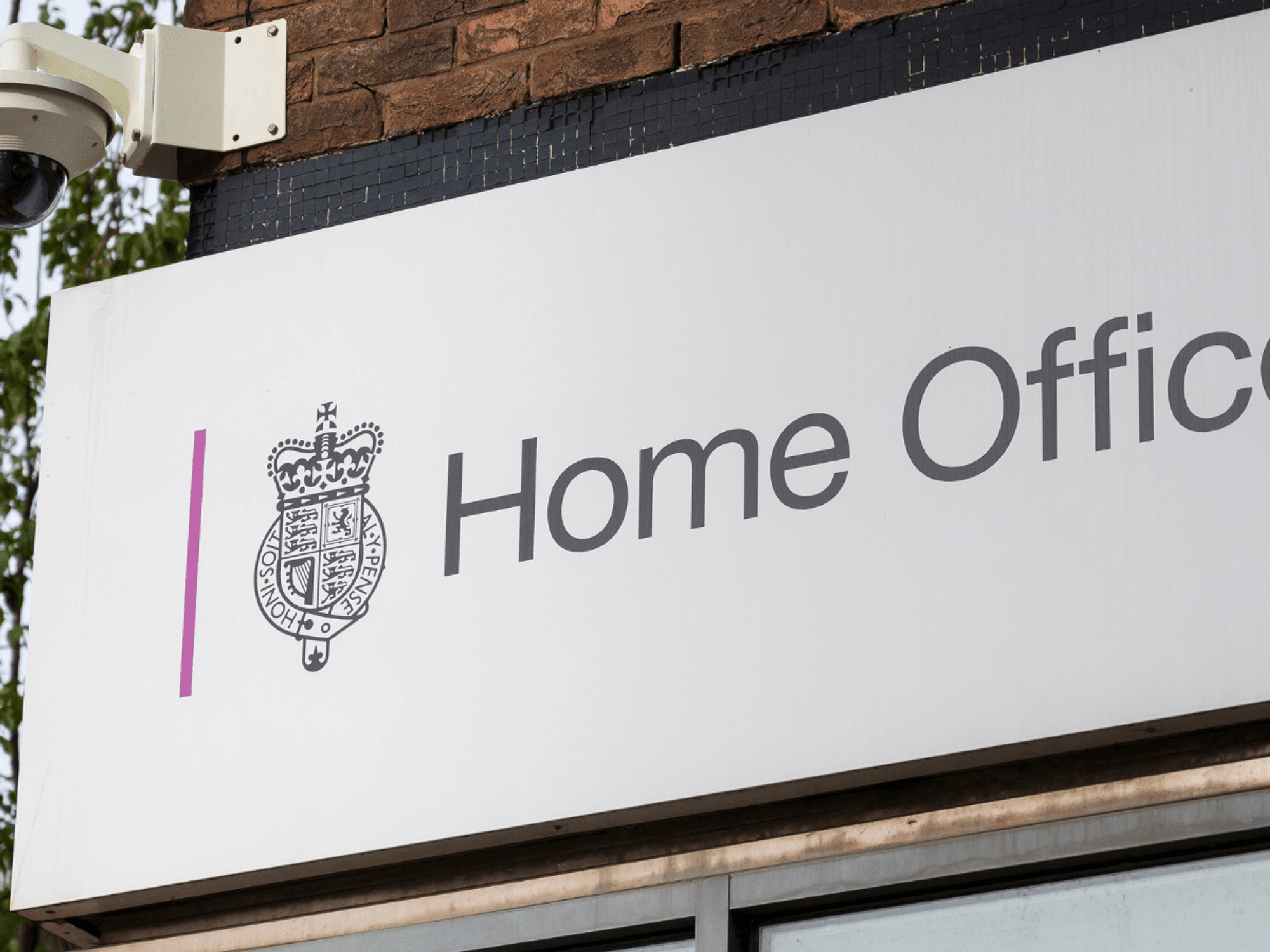'I'm a doctor and a popular food choice is seriously degrading your skin – it breaks down collagen'

If a glowing complexion is your goal, it's important to dig deeper than your skin care and beauty cabinet
Don't Miss
Most Read
You may think you're taking care of your skin, using a myriad of cleansers, moisturisers, retinols, and exfoliants.
But are you undoing this good work with simple mistakes that wreak havoc on your complexion?
According to medical aesthetician Dr Gizem Seymenoglu, six fundamental errors "seriously degrade your skin" once you hit 30, including a popular food choice.
Eating too much sugar
The first habit that can prove detrimental is eating too much sugar, the expert warned.
Dr Seymenoglu stressed that "having a sweet tooth in your 30s could be costing you your youthful looks because sugar breaks down collagen, a protein crucial to skin elasticity".
She explained: "Our body naturally experiences a process known as glycation, in which sugar essentially binds to the proteins in the skin, including collagen and elastin.
"However, this process can be accelerated if you consume a lot of sugar in your diet. Ageing is inevitable, but this may worsen visible signs like wrinkles and sagginess."
Advanced glycation end products (AGEs) put your skin under a lot of stress and cause long-term damage.
In a study published in the National Library of Medicine, experts warned: "Comprehensive studies have shown that AGEs not only reduce skin elasticity, accumulate pigments, and produce appearance changes such as wrinkles, but also destroy the skin barrier, cause the apoptosis of skin-related cells, and induce inflammation.
"In addition, AGEs are irreversible and difficult to metabolise. As AGEs accumulate year by year, the skin undergoes profound changes from the inside to the outside."
Not drinking enough water
The medical aesthetician said: "As you get older, your skin becomes drier because sebum production decreases, and other factors like collagen loss contribute to that.
"It's important that you drink enough water because it really does help keep the skin hydrated.
"Though a moisturiser is usually considered the go-to for this, your skin shouldn't need to be moisturised daily. I only moisturise once or twice a week because that's all my skin needs. However, I always make sure that I’m hydrated."
Dr Seymenoglu referenced a study that showed that hydration of both the superficial and deeper layers of the skin improved with increased dietary water consumption.
"Water is important, but eating fruits and vegetables with high water content is also essential," the expert concluded.
Want to make your water go further? Two ingredients that offer a vitamin C boost will give you a younger-looking complexion.

'Having a sweet tooth in your 30s could be costing you your youthful looks'
| GETTY IMAGESWearing more makeup and not taking it off
According to the medical aesthetician, wearing makeup in your 30s or 40s isn't the same as in your 20s.
Back then, skipping makeup removal or piling on heavy mascara might not have made much difference.
But Dr Seymenoglu warned that this soon changes. "With signs of ageing starting to show up on the face, people might end up putting on more makeup to cover all the wrinkles and age spots. That's not the problem, though," she said.
"It gets bad when you don't take that makeup off before going to bed. Even doing it once can result in you waking up with a swollen face and eyes the next day. Clogged pores, dryness, dullness, and skin inflammation are among the many other problems that can occur."
LATEST DEVELOPMENTS:

'It's important that you drink enough water because it really does help keep the skin hydrated'
| GETTY IMAGESOverloading the skin with actives
Active ingredients are great for your skin as they target specific concerns, but contrary to popular belief, a "the more, the merrier" approach is "a recipe for disaster".
The doctor explained: "If you suddenly revamp your skin care routine with a bunch of actives like retinol and exfoliating acids like AHAs and BHAs, your skin will suffer. This is especially true if you have sensitive skin and you aren't even using a thick moisturiser with these products.
"Let's say you wash your face with an acid-based cleanser, then apply an acid-based toner, and on top of that, use retinol. This can severely damage the skin barrier if you do this daily."
This doesn't mean ditching your active ingredients. Rather, for non-irritated skin, cut down your use. For example, Dr Seymenoglu advised women over 30 to use acid-based products in the morning and follow up with a good SPF, reserving retinol for night-time use.
"Or, you can use complex acid-based products just once a week as an exfoliator," she advised.
As for the power of retinol and exfoliator, the expert said: "Retinol is great for anti-ageing because it stimulates collagen production.
"Additionally, as cell skin turnover decreases with age, exfoliation can help you keep your skin bright, even and healthy-looking, although gradual introduction is key so you can build up a tolerance.
“For example, with retinol, you can start applying it once a week in the first week, twice a week in the second week, three times a week in the third week, and continue like that. You don't need to use retinol daily in your 30s, and it’s not a good idea either."
Not wearing sunscreen
Having a skin care routine, no matter how elaborate, is entirely pointless if you don't wear sunscreen, the doctor cautioned.
"If you haven't been using sunscreen in your 10s and 20s, which is a big mistake in itself, you must start wearing it in your 30s," she said.
"Otherwise, you'll experience photoaging or premature ageing, leading to more wrinkles, sun spots, pigmentation issues and increased sagging."
Sunscreen is widely considered the most important product for skin health and anti-ageing. Indeed, one skin expert explained why it's "an unsung hero".
Not getting routine check-ups
The expert advised: "It's important to schedule routine check-ups with your dermatologist so that all the moles and spots on your skin are kept an eye on.
"The risk of skin cancer increases with age, so you should not skip a visit to your dermatologist.”
In another skin care warning, Dr Seymenoglu cautioned that household items are sabotaging your skin.











